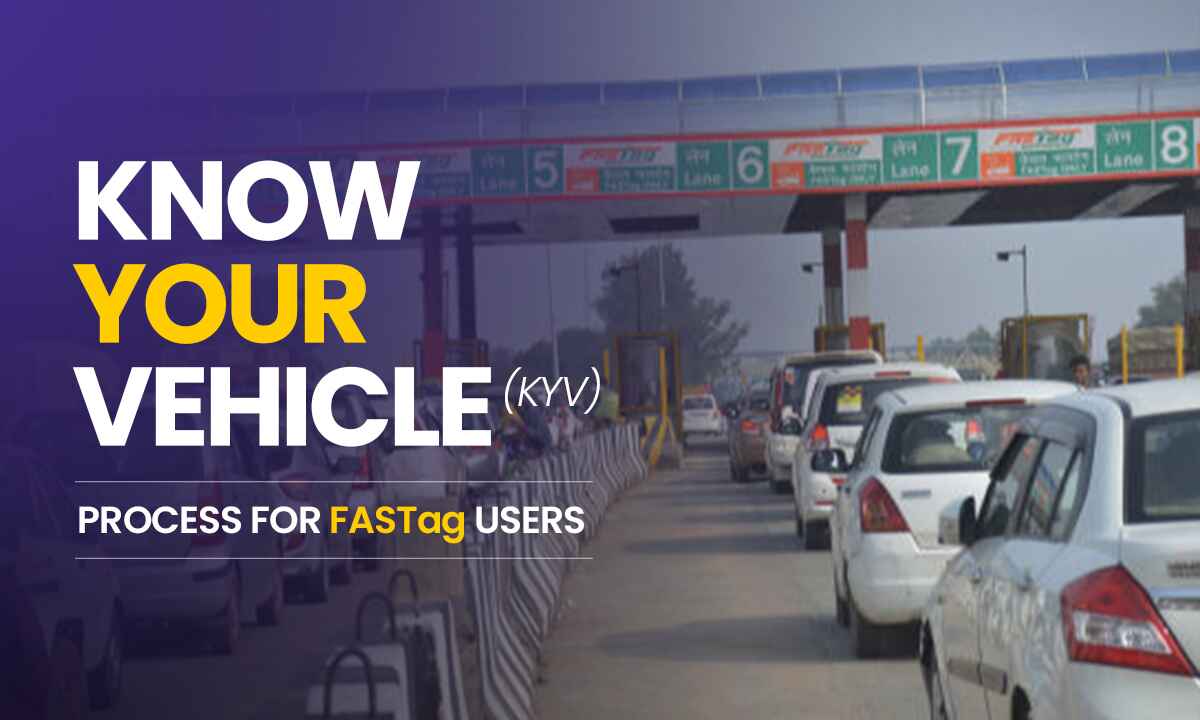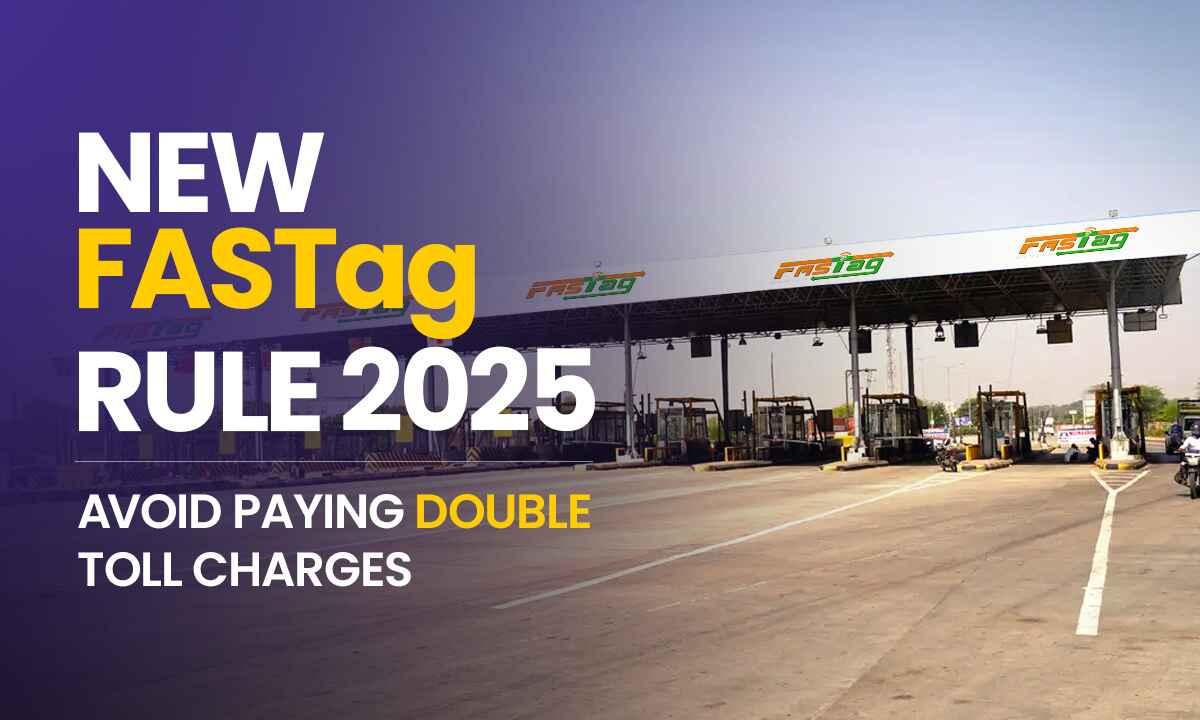As a road user in India, you might have witnessed the chaos that ensues every day on the streets. The traffic police carry a heavy responsibility to maintain order and ensure the safety of road users. However, they face numerous challenges in issuing and enforcing traffic challans.
Here, we will explore the most significant obstacles the traffic police face and the potential solutions to overcome them.
Introduction to Traffic Challans
India's road accident rates are among the highest globally, with over 5 lakh accidents and 1.5 lakh fatalities reported in 2019, as per the Ministry of Road Transport and Highways. To address this alarming issue, the Indian government has implemented Traffic Challans, fines imposed on individuals for flouting traffic regulations.
The objective of these fines is to deter violators and promote adherence to traffic rules.
Challenges in Enforcing Traffic Challans
Enforcement of Traffic Challans in India presents a significant challenge despite its noble intentions. The authorities face several obstacles in implementing this system, here are some of the major challenges faced in enforcing Traffic Challans.
Inadequate Infrastructure: The lack of proper traffic management systems in most Indian cities and towns makes it challenging for traffic police to monitor and enforce traffic rules. Additionally, poor road conditions, insufficient traffic signals, and inadequate parking facilities only make this issue worse.
Corruption: Corruption and bribery are also prevalent among traffic police officers, with many motorists opting to bribe them instead of paying fines for violating traffic rules. This not only undermines the effectiveness of Traffic Challans but also promotes corruption among law enforcement officials.
Lack of Awareness and Education: Another major challenge in enforcing Traffic Challans in India is the lack of awareness and education among the general public. Many people are unaware of traffic rules and regulations, making it difficult for them to comply with them. Additionally, there is a lack of education on the importance of following traffic rules and the consequences of violating them.
Impact of non-enforcement of Traffic Challans
The lack of enforcement of Traffic Challans has a very serious impact on road safety in India. Motorists who are aware that they can flout traffic rules with impunity are more likely to do so, resulting in a surge in road accidents, injuries, and fatalities.
Also, the non-enforcement of Traffic Challans undermines the credibility of law enforcement agencies and erodes public trust in the justice system.
Technological Advancements in Traffic Challan Enforcement
The Indian government has recently introduced several developments in the Traffic Challan system to make it more efficient and effective. The most effective methods are the introduction of AI Integrated Cameras and E-Challan Machines.
AI Camera: These are equipped with the latest AI technology, which can detect when people are not wearing helmets or seatbelts, more than two people on a two-wheeler, talking over the phone while driving, or overspeeding.
E-Challan Machines: The introduction of e-challan machines has also made issuing Traffic Challans more streamlined and transparent. The traffic police can now track the violator's details in real-time, reducing the chances of corruption and malpractice.
Solutions to overcome Challenges in Enforcing Traffic Challans in India
To overcome the challenges of enforcing Traffic Challans in India, several solutions can be implemented. A few of them are listed below:
Strengthen Infrastructure: Firstly, the government can strengthen the infrastructure for traffic management by constructing better roads, installing traffic signals, and providing adequate parking facilities. This will facilitate the task of traffic police in monitoring and enforcing traffic rules.
Improving Transparency: Secondly, to curb corruption and bribery, the government can enhance transparency in the Traffic Challans system by making the process of issuing and collecting them more transparent and accessible to the public.
Involve citizens: The government can involve citizens in the enforcement of Traffic Challans by encouraging them to report traffic violations. This can be done through the creation of citizen groups or hotlines where citizens can report violations anonymously.
Strengthen law enforcement: The government can recruit and train more traffic police officers to enforce Traffic Challans effectively. This can also involve increasing the number of checkpoints and ensuring that traffic police officers are equipped with the necessary resources to perform their duties.
Conclusion
Issuing and enforcing traffic challans in India is not an easy task. The traffic police department faces several challenges, including a lack of proper infrastructure, the absence of technology, corruption and bribery, and language barriers. The department should focus on overcoming these challenges to ensure the effectiveness of the challan system.
As responsible citizens, we must follow traffic rules and cooperate with the traffic police to make our roads safer. To know more about traffic challans or to track your existing challans, if any, download the Park+ app or visit the E-challan page of the Park+ website.


